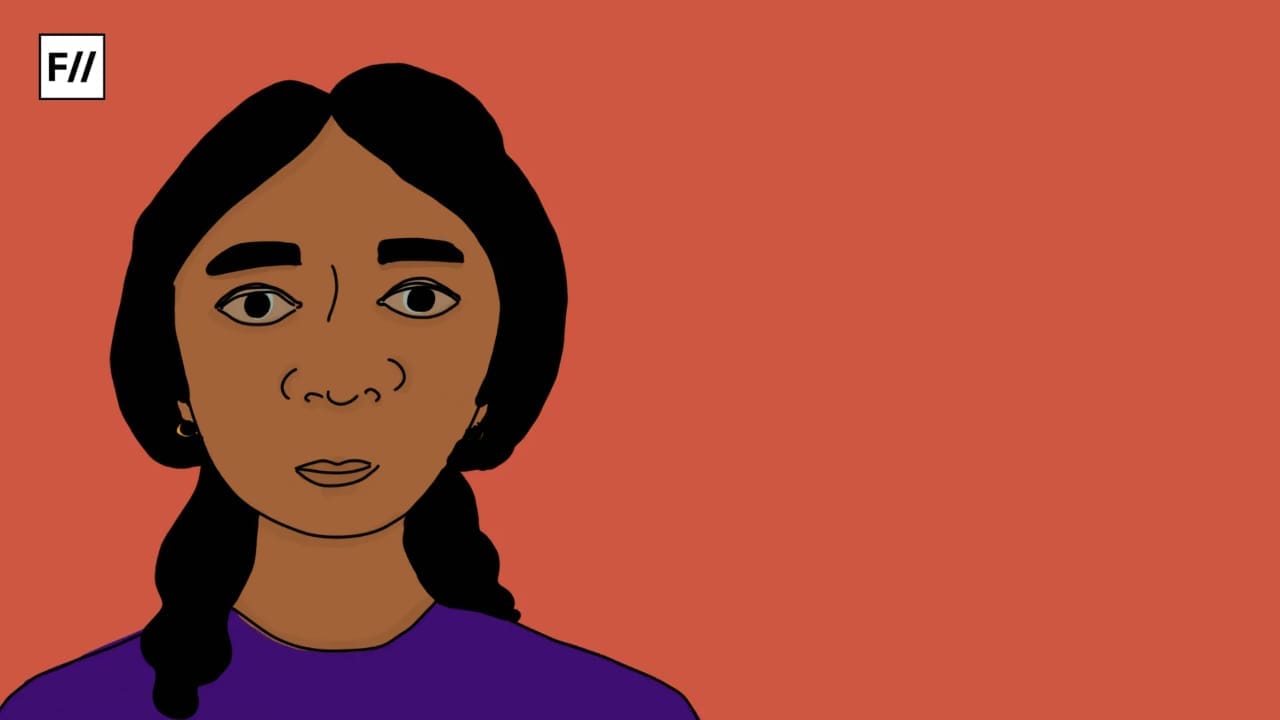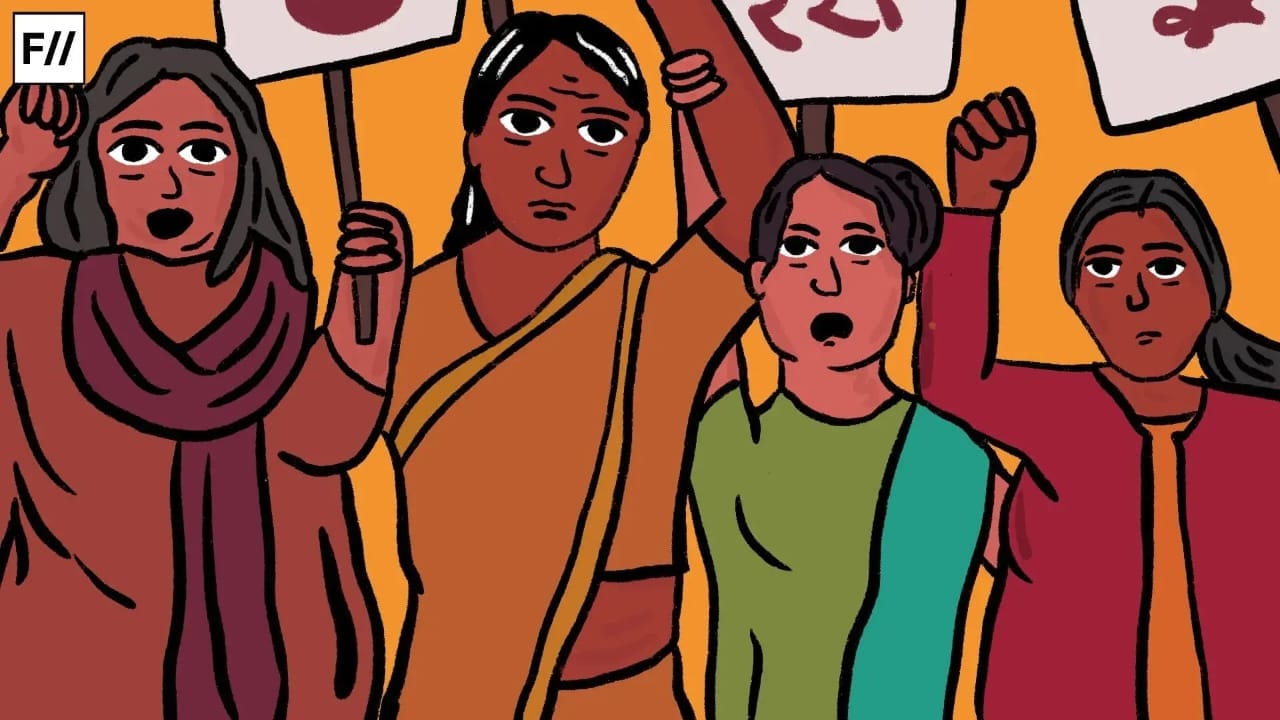Have you ever hesitated before participating in an intellectual conversation because of your gender? Have you ever felt that you receive less credit for the same thoughts as that of men? Have you ever felt nail-biting anxiety before presenting your paper in class (not because you have low self-esteem), but because it is a class full of men and your sensibility suddenly feels threatened? Miranda Fricker, an English philosopher and current professor at the City University of New York Graduate Centre, coined the term ‘epistemic injustice’ in 2007 and revolutionised the manner in which we conduct our academic spaces. Her notion of epistemic injustice explains how power asymmetries and social inequalities arise due to the privileged access of certain classes to participate in intelligible conversations. She expands on the idea by showing how less credence and credibility is given, than deserved, to the ideas of certain groups or individuals due to the negative prejudice in the minds of the hearer.

Her conception is highly essential for understanding how present spaces carry this injustice within them, which is subtly ignored or not observed. This is the reason why we see a panel full of white men deciding on abortion laws for women in the United States. This is why we find parliaments across the globe having a majority of male participation, scientific panels being domineeringly ‘masculine’ and most of the CEOs turning out to be men.
The illusion and false narrative of women being less capable of possessing a scientific, mathematical or business-oriented mind are fed from the beginning—from home to schools and persist even when one tries to carve a career for themselves. Fricker explains how certain groups and identities are believed to lack the capacity as legitimate knowers and thus, the systems are evolved in a manner where they are excluded from positions of power and authority.
Her notion of epistemic injustice explains how power asymmetries and social inequalities arise due to the privileged access of certain classes to participate in intelligible conversations.
It is essential for understanding how specific pedestals are reserved for the ‘superior rational race‘ and is used for perpetrating the prejudgements of women inherently having lowered intellectual capacity. It is often sold as biological traits in the education system. Many communities are shown and affirmed to be more gullible and impressionable; as being highly prone to deceit and as being incapable of arriving at decisions that are solely their own. Zaira Wasim was on the receiving end of harsh criticism for a similar line of thought—that she had been duped into quitting her work. Nobody believed she could be credited for arriving at a judgement that was unabashedly hers.
It isn’t surprising when the daily soap operas reinforce these notions, by constantly emphasising on how women are guided by their overly emotional stature and therefore, are not suitable for occupying professional spaces. It is also constantly reinforced in our daily lives, in the form of romance, where the boyfriend/husband is given the responsibility for steering their partner in the more sensible, devoid of emotions and rationally deduced path. This is also why we see the patriarch given the charge in the household to determine all matters (for everyone) in the family. There is an illusion and oppressive narrative which is created and sold for validating the violence behind it.

Image source: ORB
Fricker goes on to expand on how, in ensuring privileged access of some, many communities are barred from having the resources to contribute as competent members. This is why India ranks amongst countries with the lowest participation of women workforce. This idea is significant for repudiating all discriminatory practices that are carried out in domestic and public spheres against women, where they are constantly made to accept their inferiority in more than one ways. It cleverly creates and sustains the circle of internalised inferiority and belief in the oppressor as a saviour.
Also read: How My Gynaecologists Dismissed My Pain | #MyGynaecStory
It is imperative to analyse how facts are manufactured and showcased on the basis of unfair conventions. They are orchestrated in a way that presumes that women could be reduced to a single category. Hasty generalisations are used to muster a supposedly true fact about their essential nature. However, hardly any visibility is provided to the contingencies which lead to the unequal arrangements. Statics which read “engineering colleges have less women students and therefore, we can deduce that men are more interested in technical subjects” completely overlook how the unavailability of epistemic means to women leads to the existing status quo.
This is why we find parliaments across the globe having a majority of male participation, scientific panels being domineeringly “masculine” and all CEOs turning out to be men.
Thus, Fricker’s idea of ‘epistemic injustice’ emphasises on the need to critique knowledge, the source of it and who is permitted to present it and how. The question of who surpasses as a knower is widely dependent on who proposes the question. Since the spectator carries certain preconceived notions about different communities, it guides their acceptance of them as reliable sources.
Also read: Dear India, Let Zaira Wasim Choose For Herself
This is why in a saturated masculine space, women creative content creators are taken over and hidden under the carpet. Therefore, we must continuously engage in doubting the knowledge on which we base our one-sided opinions and look at the multifaceted nature of knowledge and its availability to us. There is a need to make the epistemic space reachable to all to avoid reeking of extremism.
Featured Image Source: Fair Observer
About the author(s)
Swarna is a philosophy student with relatives who think she is pursing physiotherapy. Her music choice ranges from Annette Hanshaw to Justin Beiber(it’s a highly competitive playlist). Apart from that, she is mostly found rewatching In the Mood for Love , ordering stationary on Amazon and just scrolling through Swiggy. She is a sucker for masala chai, typewriters and anything written by Ismat Chughtai and Alan Ginsberg.





Thank you so much for this, I read Fricker’s work last year and it really helped me gain perspective on the injustice that I’ll never face as a man. I was looking for someone who contextualized it for Indian experiences, hope to read more of your work!